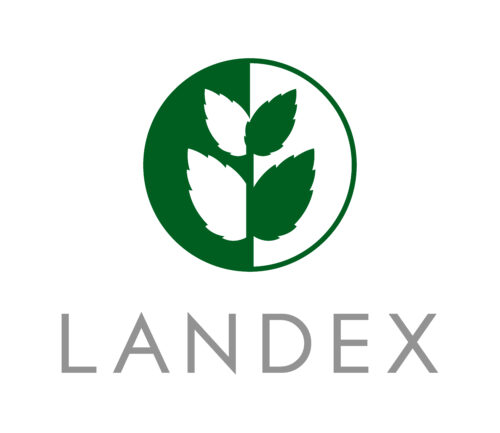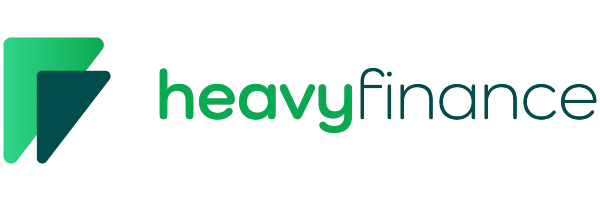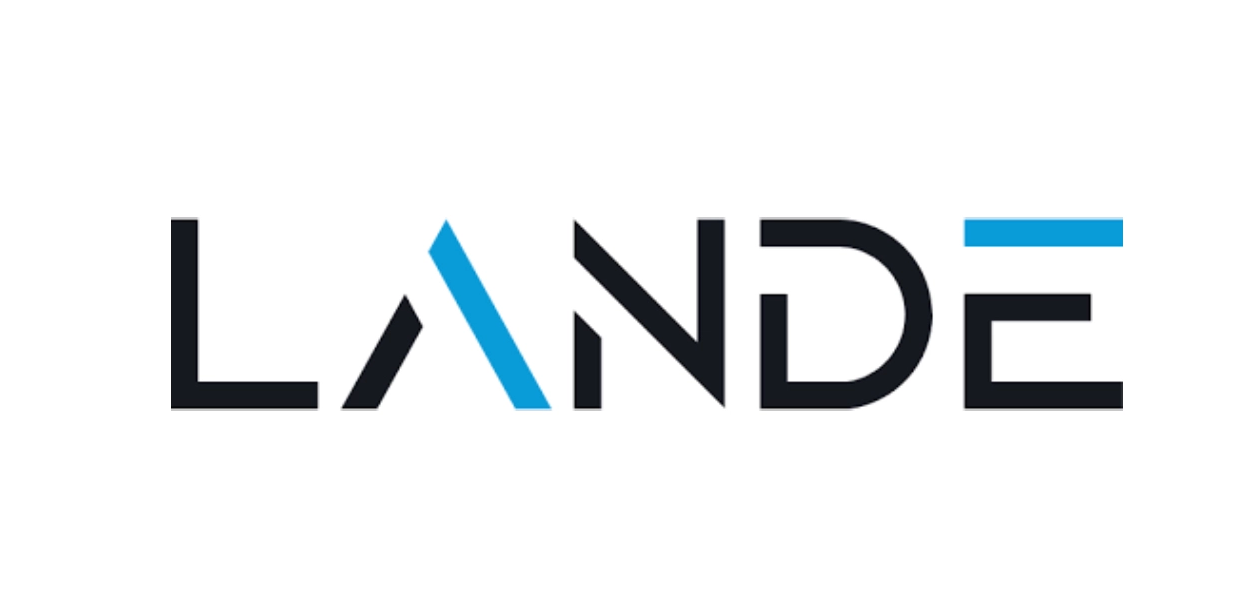Investing in agricultural land
Investing in land can be profitable and offer long-term returns. The average farmland values in Europe continue to rise, making it an attractive investment. Property investments are also recession-proof, making them a good portfolio diversifier. After all, land stays in high demand as the global population keeps growing.
Why invest in farmland?
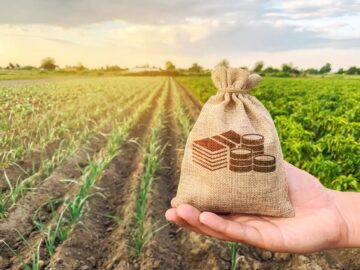 Land investments can be interesting for several reasons, though it depends on your investment objectives. Firstly, it is a tangible investment that is relatively safe from market volatility. Therefore as asset class it is not impacted as much by recession and inflation, for example.
Land investments can be interesting for several reasons, though it depends on your investment objectives. Firstly, it is a tangible investment that is relatively safe from market volatility. Therefore as asset class it is not impacted as much by recession and inflation, for example.
In fact, agricultural property functions as a hedge against inflation. This makes land ownership a lower risk investment. For this reason, it is a good investment to create a diversified portfolio to offset risks from other investments.
Land ownership can function as an hedge against inflation.
Moreover, property investing is low in maintenance while offering high collateral. For example, an acre of land does not need regular repairs to keep up its worth. Furthermore, prices can increase and decrease, but ground always retains a base value. This means it offers you some security. Even if the value does not grow as much as you hoped, you can always sell the lot for a decent price.
Additionally, agricultural land is high in scarcity which drives up its value. With the growing population every year, the demand for food and housing also keeps increasing. In Europe especially, land values continue to rise. In Romania, for example, the price for arable land has increased fivefold in the last ten years according to the European Commission. As the famous saying goes: buy land, they are not making it anymore.
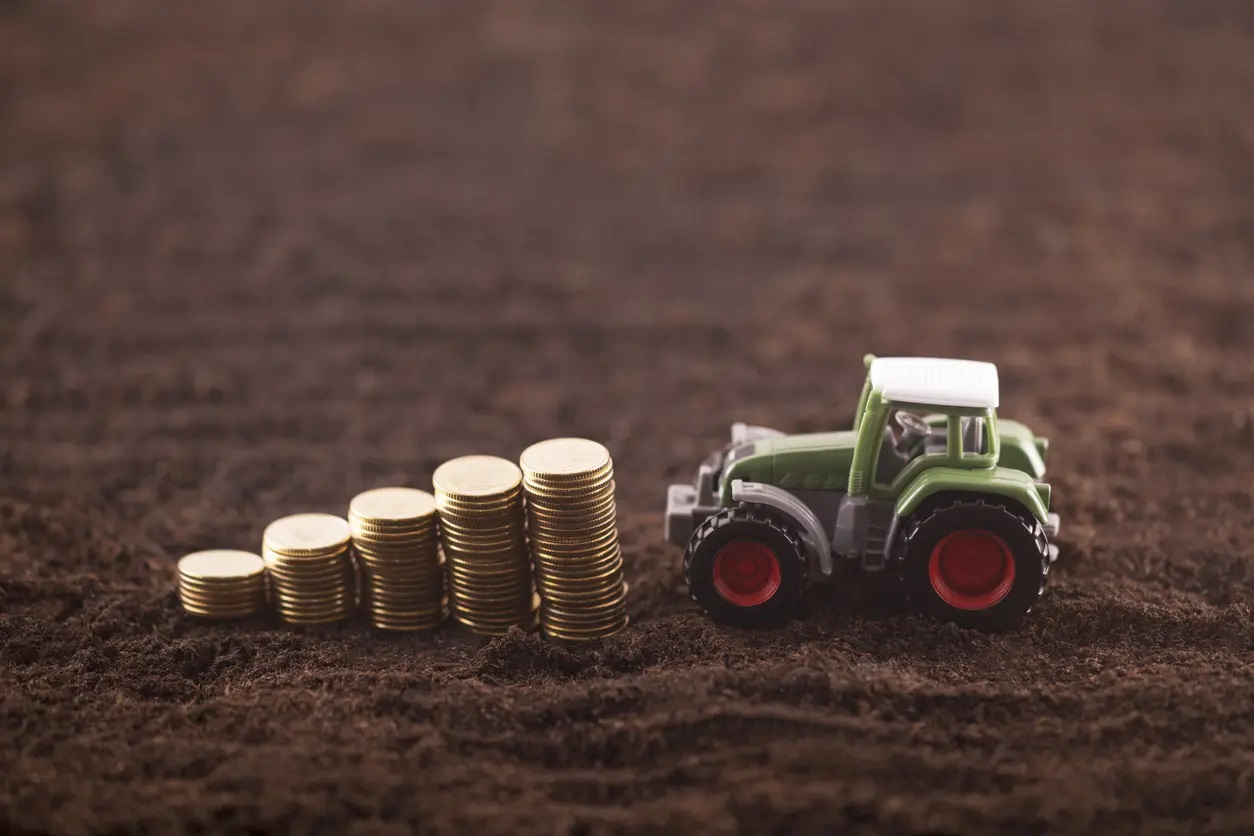
Lastly, funding agricultural land can offer tax benefits. In some countries, like France and Spain, investing in agricultural land can qualify for tax deductions and exemptions. This can help to reduce the overall cost of the investment. Moreover, income from the sale of agricultural products may also be eligible for tax breaks in some cases. This can be an added incentive for investors wanting to purchase farmland in Europe.
How to invest in property: derivatives
In the past, owning farmland was certainly not for everybody. Most people do not want to build real estate or manage a farm themselves. Only professional property developers, funds and wealthy individuals could buy and develop property. However, nowadays you can easily capitalize on agricultural land through a third party. The intermediary will buy a large plot of land and parcel it out, for example. Therefore it is possible to start owning land with as little as 10 euros.
It is possible to invest in land starting from 10 euros.
Farmland investments are made even more accessible through online platforms. Such platforms usually offer investment products with exposure to the property market, like Exchange Traded Notes (ETN). These are derivative loans that mirror the value of an estate. You can buy and sell ETNs like regular stocks. Instead of loan repayments, your returns consist of the price difference between buying and selling the ETN.
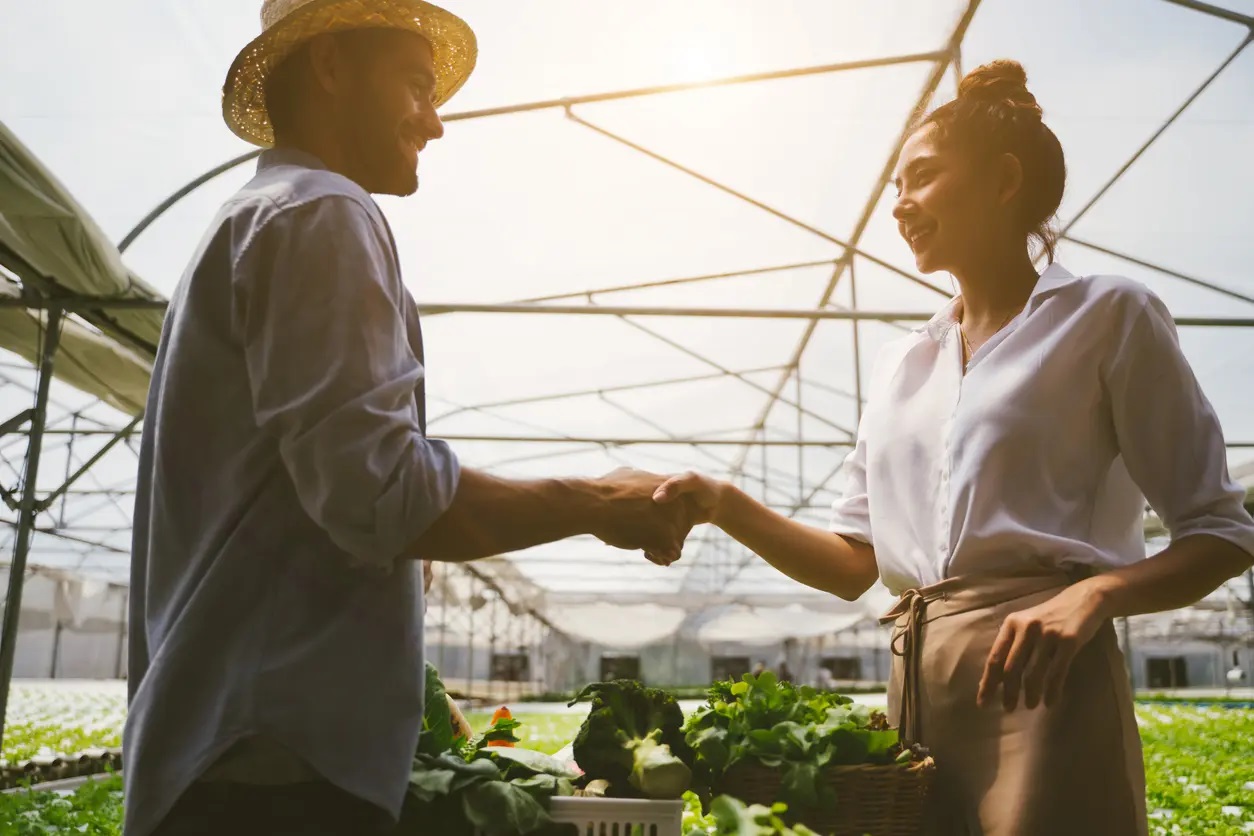
Mutual funds and ETFs for land investors
For those looking to spread investments, there are Exchange Traded Funds (ETF). These track companies in the farming industry or land-based commodities, such as timber, wheat, sugar or other raw materials. Unlike mutual funds, ETFs are low in cost because they are not actively managed. An ETF can track one type of product but also multiple farming assets, like an index.
ETFs track farming companies or commodities.
Additionally you can invest in mutual funds dedicated to European agriculture assets. Like an ETF, they will finance a selection of agriculture companies or farming products. Investments are already spread across assets for you when start trading with a fund. But because mutual funds are managed, the fees can be higher compared to an ETF.
Agriculture stocks and REITs
Of course, trading in European farm acres is also possible through the stock market. This way you will be investing in public companies in the farming sector. These can range from farmers directly producing food to agriculture-related companies. For example companies in fertilizer and seed production, farming equipment or distributors and transport.
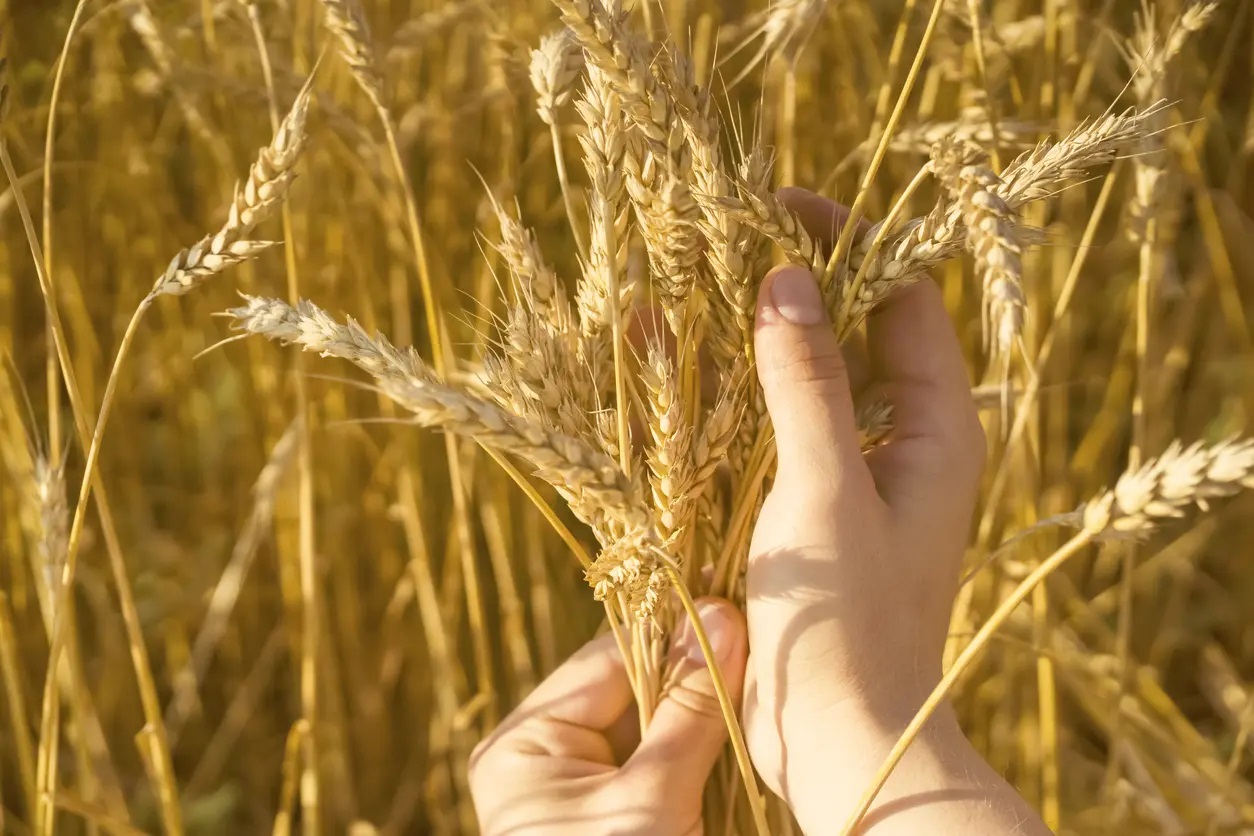
Furthermore, you can fund agriculatural property on the stock market through Real Estate Investment Trusts (REIT). These are public companies that buy, own and sell plots with money from investors. A REIT makes returns by collecting rent from land operators, like farmers. As an investor, you will receive dividends from the trust. While the payout from farmland REITs is higher than with regular stocks, investors have to pay regular income tax over the dividends.
Crowdfunding land loans
A more direct way of investing in European agriculture is through farmland crowdfunding platforms, which allow investors to pool their money and invest in specific agricultural projects. Here, you can fund farmers looking to buy more acreage or livestock, for example. With crowdfunding, you will typically fund a business loan. In return, you will receive regular loan repayments as well as interest. This means it can be a source of regular income as well.
Farmland crowdfunding is a more direct investment.
Crowdfunding platforms for agricultural land
Some European crowdfunding sites that are specialized in farmland are:
With LandEx, you can invest in a plot of farmland. The Estonian platform offers loan contracts with variable interests, so that the value depends on the price of the asset and the investors benefit from the full increase of the asset value. The loan investment is backed by a mortgage.
Heavy Finance is a Lithuanian crowdfunding platform. By the end of 2022, it has already financed 1,000 farmers in Eastern Europe with 30 million euros. Investors achieve an average annual return of 12.16%.
Latvian crowdfunding platform Lande offers you the opportunity to invest in the agricultural sector. Farmers collect funding through projects to purchase land or livestock. The annual interest is up to 14% for investors.
Returns of land assets
Buying acreage can be a lucrative investment. In fact, the returns are historically higher compared to real estate (also known as residential property), which carries similar risks. For example: in the past 40 years, agricultural land in the Netherlands had an average return of over 8 percent. To compare, real estate averages at around 5 percent. This can vary depending on the country, of course.
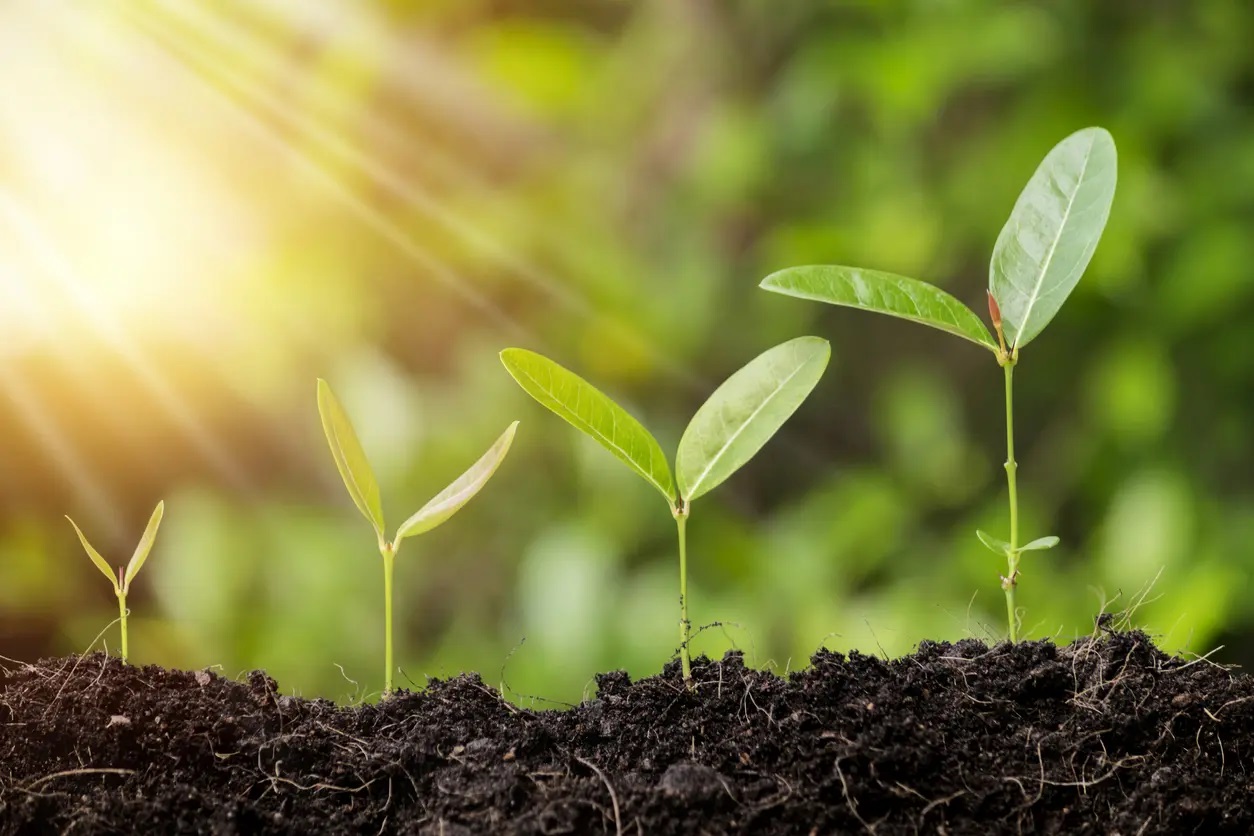
Firstly, buying European arable land generates returns through valuation increases. Farmland prices have grown steadily over the years. Prices are expected to grow slower in Western Europe, because of high efficiency and precision farming. In Central and Eastern Europe though, plot value is growing rapidly. But because rural land is increasingly scarce worldwide, its value will continue to climb. Therefore buying and selling land assets can be highly profitable.
Farmland prices have grown steadily over the years.
Agricultural investments can also generate a regular income stream for investors. For example, by capitalizing on land leases through REITs that pay out dividends. In addition, funding a business loan via farmland crowdfunding platforms means you receive regular loan repayments. In this way, farm investing can provide many investors with a source of long-term growth and potential capital gains.
Risks of agricultural investments
Although farming industries have shown stability overall and function as an inflation hedge, a farmland investment is not entirely risk-free. First of all, funding businesses always comes with operational risks. This can be the financial health of a farmer company but also the fact that the business depends on weather conditions for its crop production. The operational risk of farming companies is mitigated by the European Union, though, which offers farmers financial support to ensure a stable food production.
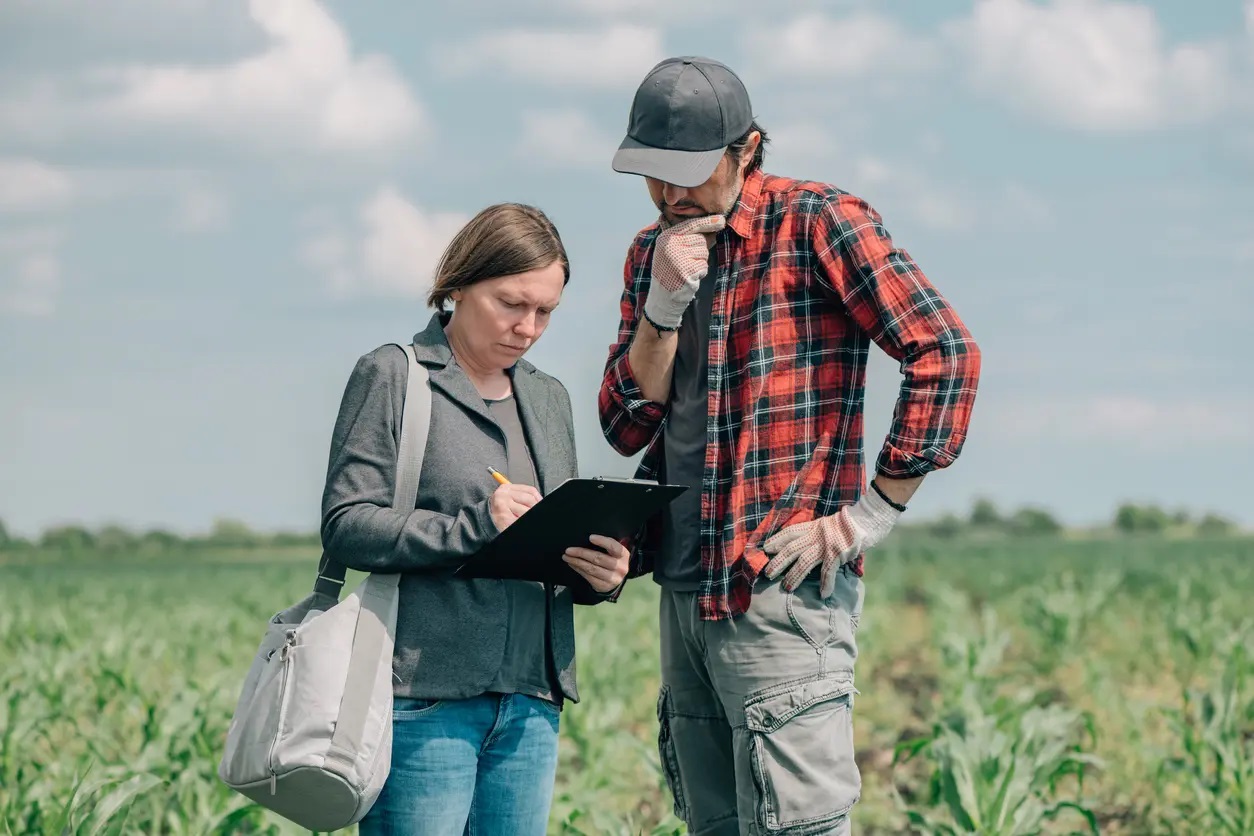
Secondly, agricultural commodities and land can vary in price. It is possible the value of acreage does not increase or even drops below what you paid for it. Moreover, a weaker demand for certain crops or production shortages can all cause commodity price fluctuation.
Farmland is mostly a long-term investment.
Lastly, investments in farm plots are not very liquid. It is most profitable as a long-term investment, for example with a horizon of at least five years. Compared to the stock market, the agricultural market value moves slower. For those trading in farming business stocks and ETNs, though, you can buy and sell more easily.
